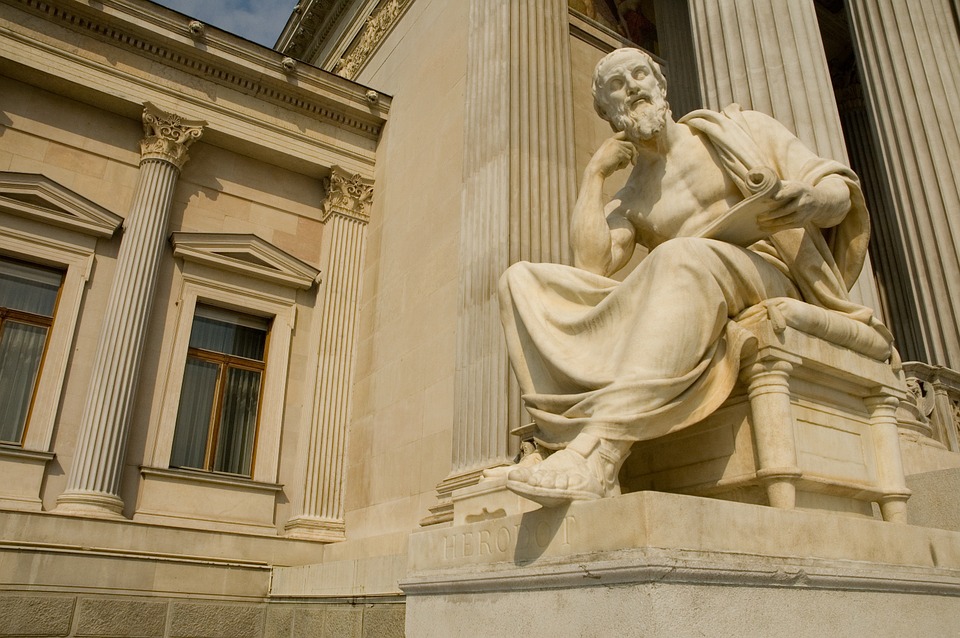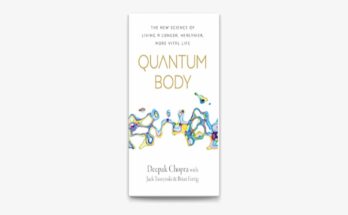Dive into the world of philosophy, the timeless pursuit of answers to life’s most profound questions. This critical study explores metaphysics, epistemology, ethics, logic, and aesthetics—branches that unravel the nature of existence, knowledge, morality, reasoning, and beauty. From pondering what exists beyond perception to debating the essence of art and ethical living, philosophy sharpens critical thinking and illuminates human experience. Whether you’re a seeker of truth or curious about the foundations of thought, this guide offers a keyword-rich journey through philosophy’s core domains. Unlock the mind’s and universe’s secrets with this deep dive into philosophical inquiry.
Philosophy
Philosophy is the rigorous exploration of humanity’s deepest questions. It is becoming increasingly diverse and organized into overlapping branches that probe existence, knowledge, morality, reasoning, and beauty.
Philosophy is the critical study of the most fundamental questions humankind has been able to ask. These questions are increasingly numerous, and over time they have been arranged into various but overlapping branches, such as
Metaphysics
What exists, and what is its nature? Do things persist beyond our perception? What defines space, time, thought, personhood, or consciousness? Does a god exist?
What sorts of things exist? What is the nature of those things? Do some things exist independently of our perception? What is the nature of space and time? What is the nature of thought and thinking? What is it to be a person? What is it to be conscious? Is there a god?
Epistemology:
Can we honestly know anything? How do we acquire knowledge? Can we be certain other minds exist?
Is knowledge possible? How do we come to know what we know? How can we know that there are other minds?
Ethics
Does a divide exist between right and wrong? If so, what defines it—values, divine will, or something else? Are morals absolute or situational? How should I—or we—live?
Is there a difference between morally right and wrong actions (or values or institutions)? If so, what is that difference? Which actions are right, and which wrong? Are they necessarily based on value? Are they divine commands or is there something else that makes them “just right?” Is ethical analysis dependent on the situation? Is it relative or absolute? In general or particular terms, how should I live? How should we live?
Logic
What constitutes sound reasoning? When does an idea fail to hold up? How do we dissect complex arguments with clarity?
What makes for good thinking? When can I say for sure that something just doesn’t make sense? How can I think critically about complicated arguments?
Aesthetics
What is art, and what is beauty? Are they the same? Is taste universal? Does art carry meaning, and if so, what? Is art an end in itself or a means? How does it shape us—elevating or corrupting? Are there ethical boundaries to art?
Do artists grasp the essence of their creations—like an actor playing a president understanding leadership? Is art merely imitation, losing or gaining in translation? Can anything be truly original?
Final Words
Philosophy remains vital for understanding life’s biggest mysteries, bridging metaphysics, epistemology, ethics, logic, and aesthetics into a cohesive exploration. It challenges us to question existence, refine our reasoning, and define beauty and morality in a complex world. This journey through philosophical branches reveals abstract concepts and practical insights for critical thinking and ethical living. Optimized for search engines, exploring philosophy’s fundamentals—existence, knowledge, art, and more—invites you to reflect and engage. Embrace the power of philosophical thought to elevate your perspective and navigate the human experience with clarity and purpose.



